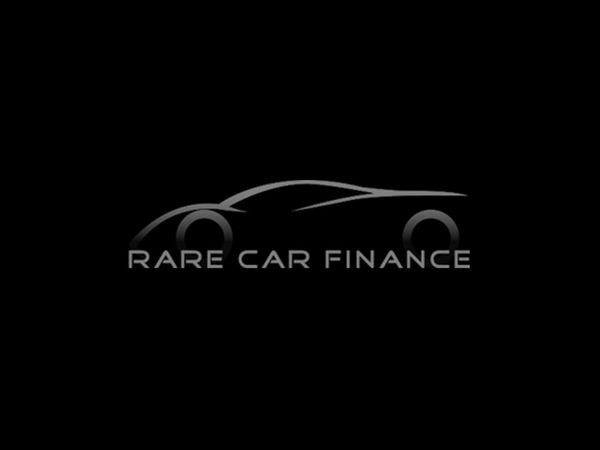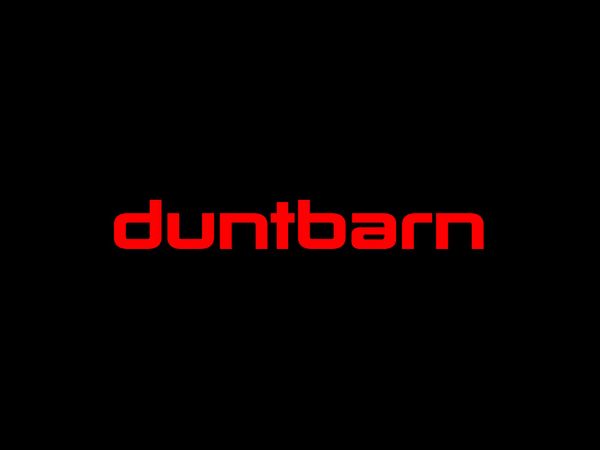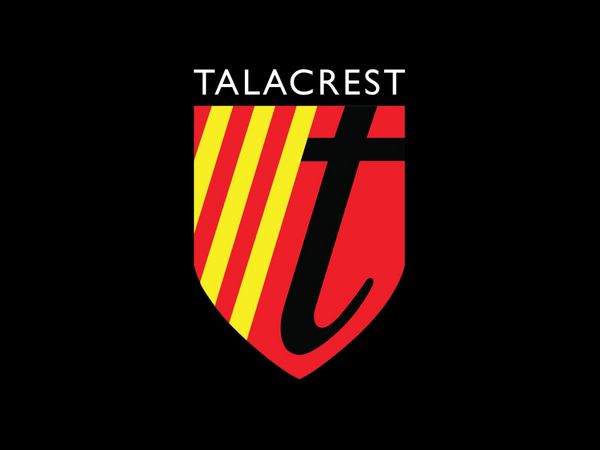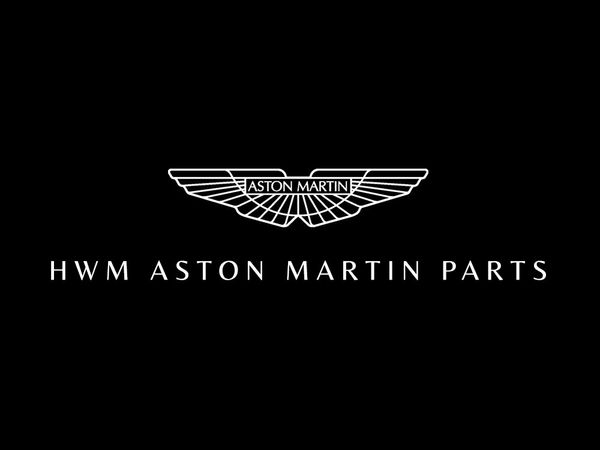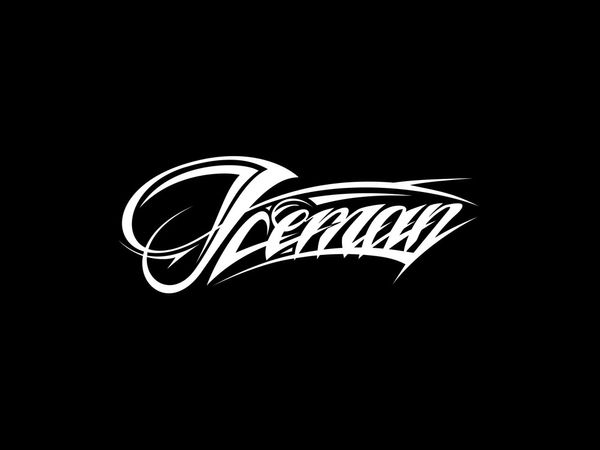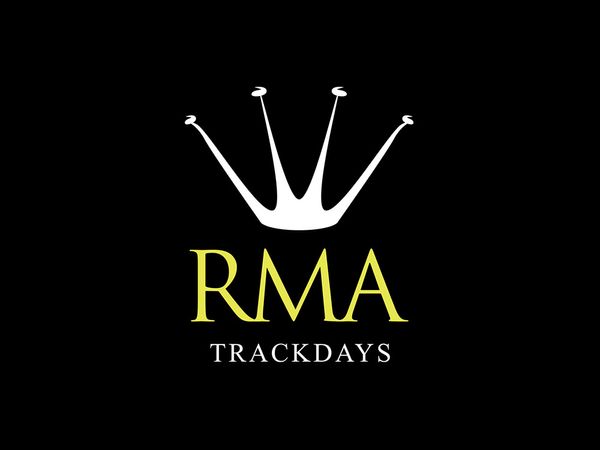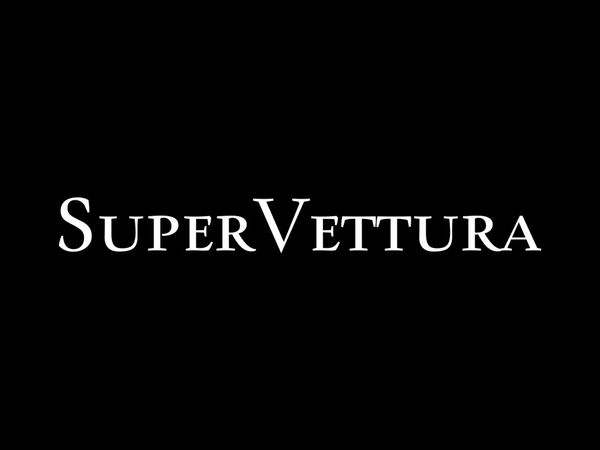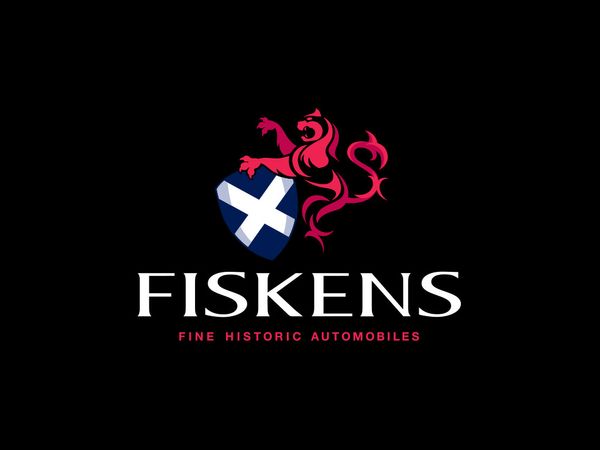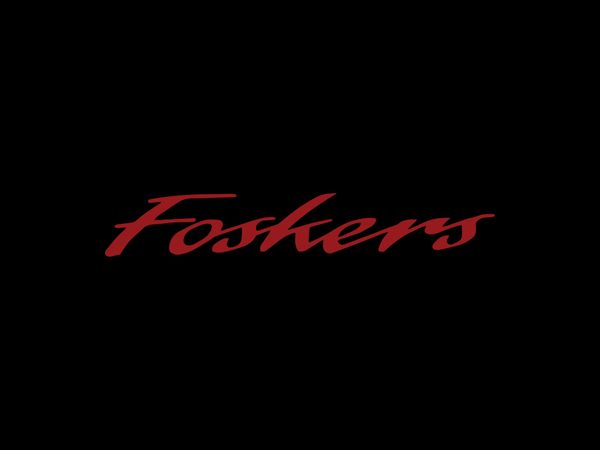BUDGET 2014 IN DETAIL – WHAT IT MEANS TO YOU
Chancellor of the Exchequer George Osborne delivered his fifth Budget speech yestday (Wednesday, March 19, 2014).
Below we highlight the Chancellor’s key measures that will impact on the company car and van sector and wider motor industry.
Company car tax
The Budget papers set out company car benefit-in-kind tax rates for 2017/18 and 2018/19, while also confirming previously announced rates for the years up to and including 2016/17, which includes the removal of the 3% diesel supplement (see chart below).
In 2017/18 and 2018/19 the appropriate percentage of list price subject to tax will increase by two percentage points for cars emitting more than 75 g/km of carbon dioxide (CO2), to a maximum of 37%.
However, the Chancellor has changed his mind in relation to previously announced increases in rates for the two lowest thresholds - 0-50 g/km and 51-75 g/km - and altered the differential between those rates and the 76-94 g/km threshold.
In Budget 2013, the Chancellor said that the differential between the 0-50 and 51-75 g/km CO2 bands and between the 51-75 and 76-94 g/km bands would be three percentage points in 2017/18 reducing to two percentage points in 2018/19.
However, in Budget 2014 he changed his mind and said the differential would be four percentage points and three percentage points respectively. It was, he said, a mechanism through which he could incentivise the take-up of ultra low emission vehicles.
The small print of the Budget papers reveal that the increases in company car tax are forecast to generate an additional £240 million for HM Treasury in 2017/18 and £480 million in 2018/19.
The Budget papers also revealed that the differential would reduce further to two percentage points in 2019/20.
The Chancellor added that the Government remained committed to reviewing incentives for ultra low emission vehicles in light of market developments at Budget
2016, to inform decisions on company car tax from 2020/21 onwards.
% of P11D 2013/14 2014/15 2015/16 2016/17 2017/18 2018/19Price CO2 (g/km) CO2 (g/km) CO2 (g/km) CO2 (g/km) 0 0 0 N/A N/A N/A N/A5 1-75 1-75 0-50 N/A N/A N/A7 N/A N/A N/A 0-50 N/A N/A9 N/A N/A 51-75 N/A 0-50 N/A10 76-94 N/A N/A N/A N/A N/A11 95-99 76-94 N/A 51-75 N/A N/A12 100-104 95-99 N/A N/A N/A N/A13 105-109 100-104 76-94 N/A 51-75 0-5014 110-114 105-109 95-99 N/A N/A N/A15 115-119 110-114 100-104 76-94 N/A N/A16 120-124 115-119 105-109 95-99 N/A 51-7517 125-129 120-124 110-114 100-104 76-94 N/A18 130-134 125-129 115-119 105-109 95-99 N/A19 135-139 130-134 120-124 110-114 100-104 76-9420 140-144 135-139 125-129 115-119 105-109 95-9921 145-149 140-144 130-134 120-124 110-114 100-10422 150-154 145-149 135-139 125-129 115-119 105-10923 155-159 150-154 140-144 130-134 120-124 110-11424 160-164 155-159 145-149 135-139 125-129 115-11925 165-169 160-164 150-154 140-144 130-134 120-12426 170-174 165-169 155-159 145-149 135-139 125-12927 175-179 170-174 160-164 150-154 140-144 130-13428 180-184 175-179 165-169 155-159 145-149 135-13929 185-189 180-184 170-174 160-164 150-154 140-14430 190-194 185-189 175-179 165-169 155-159 145-14931 195-199 190-194 180-184 170-174 160-164 150-15432 200-204 195-199 185-189 175-179 165-169 155-15933 205-209 200-204 190-194 180-184 170-174 160-16434 210-214 205-209 195-199 185-189 175-179 165-16935 215+ 210+ 200-204 190-194 180-184 170-17436 N/A N/A 205-209 195-199 185-189 175-17937 N/A N/A 210+ 200+ 190+ 180+Up to the end of tax year 2014/15 add 3% for diesel cars up to a maximum of 35%For tax year 2015/16 add 3% for diesel cars up to a maximum of 37%In 2016/17 petrol and diesel cars are treated equally for company car tax purposes.
Vehicle Excise Duty
On April 1, 2014 VED rates for cars, motorcycles and the main rates for vans will increase by RPI.
The Government will also freeze the VED rates for Euro 4 and Euro 5 light goods vehicles in 2014/15.
However, as announced at Budget 2013, from April 1, 2014 the Government will reduce and re-structure VED rates for HGVs within the HGV Road User Levy scheme.
Meanwhile, the Government will introduce a rolling 40-year VED exemption for classic vehicles from April 1, 2014. That means vehicles constructed 40 or more years ago will be exempt from VED on an automatic rolling basis on April 1 each year.
The Budget papers also confirmed that, as announced in last year’s Autumn Statement, in a bid to simplify VED administration a paper tax disc will no longer be issued and required to be displayed on a vehicle’s windscreen from October 1, 2014. Additionally, motorists will be able to pay their VED by direct debit annually, biannually or monthly, however a 5% surcharge will apply to biannual and monthly payments.
Vehicle Excise Duty from April 1, 2014 for cars registered on or after March 1, 2001
VED
Band
CO2 emissions
g/km
2014/15First year rate* Standard rate*A Up to 100 0 0B 101-110 0 20C 111-120 0 30D 121-130 0 110E 131-140 130 130F 141-150 145 145G 151-165 180 180H 166-175 290 205I 176-185 345 225J 186-200 485 265K** 201-225 635 285L 226-255 860 485M Over 255 1,090 500*Alternative fuel discount 2014/15 £10 all cars
** Includes cars emitting over 225 g/km registered before March 23, 2006
VED bands and 2014/15 rates for vans registered on or after March 1, 2001
Early Euro 4 and Euro 5 compliant vans - £140All other vans - £225
Fuel
The Chancellor confirmed his Autumn Statement 2013 announcement that September’s planned 1.6p per litre rise in fuel duty was cancelled. It means that there will be no rise in fuel duty prior to the 2015 general election.
Meanwhile, legislation will be introduced in Finance Bill 2015 to apply a reduced rate of fuel duty to methanol composed of 95% pure methanol and 5% water, to be implemented from April 1, 2015. The rate of fuel duty applied to methanol will be 9.32p per litre. The size of the duty differential between the main rate and methanol will be maintained until March 2024.
The Government says it will review the impact of the incentive alongside the duty incentives for road fuel gases at Budget 2018
Car fuel benefit charge 2014/15
Employees who are in receipt of company-funded fuel used privately will see their benefit-in-kind tax bills rise from April 6, 2014.
The Chancellor has announced that the fuel benefit charge multiplier for company cars will increase from £21,100 in 2013/14 to £21,700 in 2014/15.
From April 6, 2015 the multiplier will once again increase by RPI.
Van benefit charge 2014/15
The van benefit-in-kind tax charge will increase from £3,000 in 2013/14 to £3,090 in 2014/15, the Chancellor has announced.
From April 6, 2015 the charge will once again increase by RPI.
However, the Government will extend van benefit charge support for zero emission vans to April 5, 2020 on a tapered basis.
For five years until the end of 2014/15 zero emission vans were exempt from benefit-in-kind tax. However, from 2015/16 the charge paid by zero emission vans will be 20% of the rate paid by conventionally fuelled vans, followed by 40% in 2016/17, 60% in 2017/18, 80% in 2018/19 and 90%in 2019/ 20, with the rates equalised in 2020/21.
The Government says it will review van benefit charge support for zero emission vans in light of market developments at Budget 2016.
Van fuel benefit charge 2014/15
From April 6, 2014 the van fuel benefit charge multiplier will increase from £564 to £581, according to the Budget papers published following the Chancellor’s statement.
From April 6, 2015 the multiplier will once again increase by RPI.
Enhanced Capital Allowances
The Government will extend the enhanced capital allowances for zero emission goods vehicles to March/April 2018. However, to comply with European Union state aid rules the availability of the allowance will be limited to businesses that do not claim the Government’s Plug-in Van Grant.
Road repairs
The Chancellor announced a £200 million “potholes challenge fund”. Billed as “emergency funding”, local authorities will be able to bid for the cash to repair up to 3.2 million potholes following the recent severe weather.
Tax simplification
A string of tax simplification measures impacting on businesses and employees that drive company vehicles and their own cars on work-related journeys could be introduced by the Government.
In the run-up to the Budget the Office of Tax Simplification published two reports aimed at simplifying what it called “the complex system” for the reporting and taxing of benefits and expenses for four million employees and 300,000 employers.
In response to the recommendations made in the Office of Tax Simplification’s reports, the Government says it will consult on a package of four simplifications based with a view to introducing legislation in Finance Bill 2015. They are:
Abolishing the threshold for the taxation of benefits-in-kind for those employees who earn less than £8,500, with action to mitigate the effects on any vulnerable groups disadvantaged by the reformsIntroducing a statutory exemption for trivial benefitsIntroducing a system of voluntary payrolling for benefits-in-kindReplacing the expenses dispensation regime with a Reimbursed Expenses Exemption.Additionally, the Government has confirmed its intention to review the rules underlying the tax treatment of travel and subsistence expenses and, in addition, will issue a separate call for evidence on remuneration practices and patterns to inform any future reforms.




